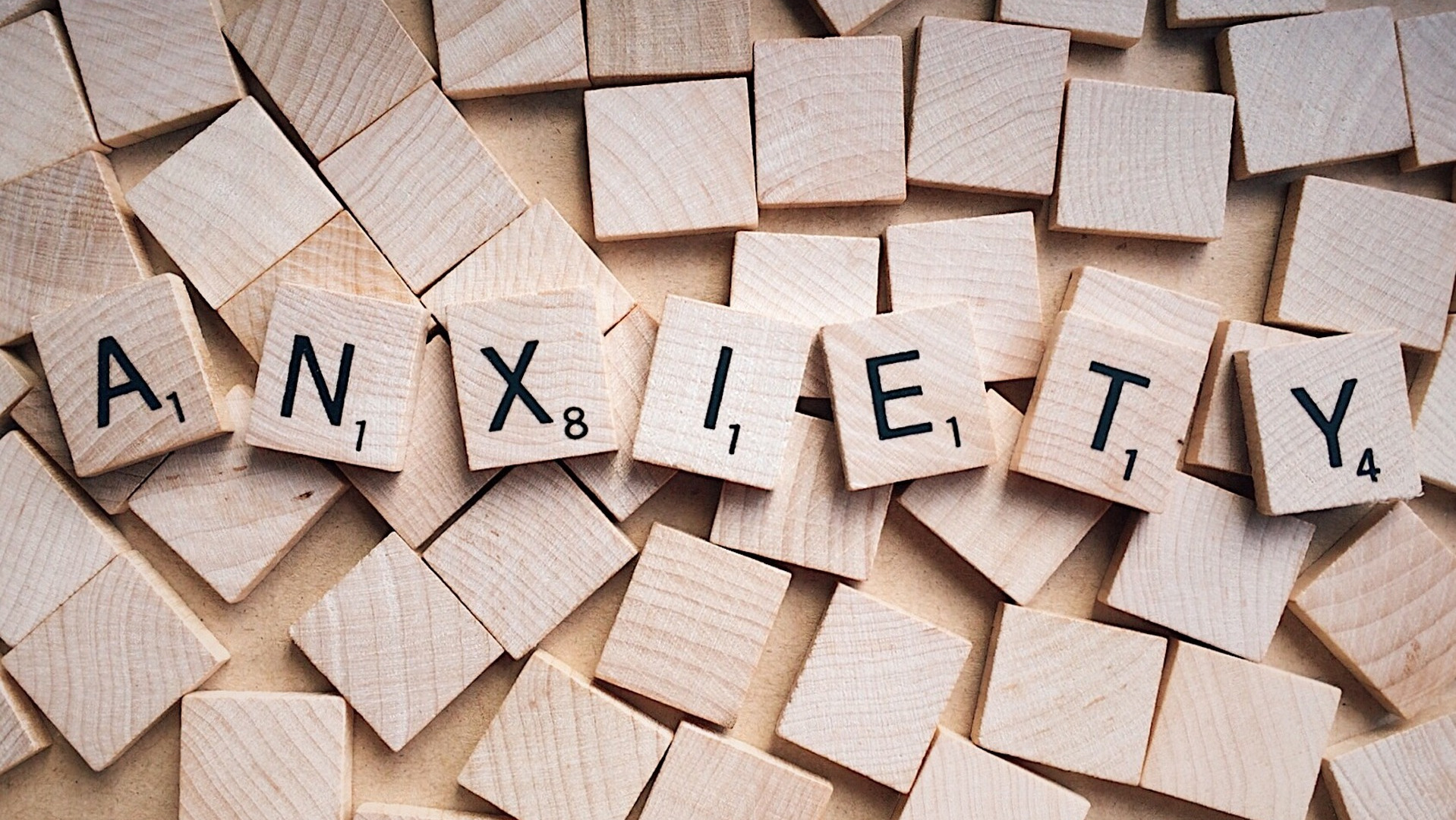Home Remedies for Anxiety: Natural Solutions to Calm the Mind
Anxiety is a common experience that many people face, but when it becomes overwhelming, it can disrupt daily life and make you feel trapped. While some individuals suffer isolated anxiety attacks due to stress or life changes, others deal with regular episodes. Managing anxiety naturally can offer relief without the side effects of medications, especially for those who prefer holistic approaches.
What is Anxiety?
Anxiety manifests as worry, fear, or unease. These feelings can range from mild discomfort to intense, debilitating anxiety attacks. Stress, life-changing events, or genetic predispositions can trigger anxiety. While some people may seek medication, many natural remedies and lifestyle changes can help reduce symptoms and improve quality of life.
Why Choose Natural Remedies?
While doctors often prescribe anti-anxiety medications, they may come with undesirable side effects or the risk of dependency. Natural remedies for anxiety can offer relief by addressing underlying stressors, improving overall well-being, and promoting a balanced lifestyle.
Effective Natural Remedies for Anxiety
Incorporating these natural remedies into your life can help manage anxiety symptoms and improve overall well-being. Remember, it’s essential to address the root causes of anxiety, whether through therapy, lifestyle changes, or a combination of both. You can manage anxiety holistically by focusing on proper nutrition, regular physical activity, relaxation techniques, and mindfulness.
Nutrition and Lifestyle Adjustments
Proper nutrition and a healthy lifestyle can significantly impact anxiety levels. To reduce anxiety naturally:
- Sleep: Ensure you’re getting enough rest, as sleep deprivation can exacerbate anxiety.
- Caffeine: Reduce or eliminate caffeine, which can increase jitters and anxious feelings.
- Diet: Focus on a nutrient-rich diet, including omega-3 fatty acids, magnesium, calcium, and B vitamins, all supporting brain health and emotional balance.
Vitamins such as B1, B6, and B12 are essential for nervous system function, and deficiencies in these can contribute to anxiety symptoms. Supplementing with taurine, an amino acid that calms the brain, or GABA, a neurotransmitter that helps regulate mood, may also help.
Aromatherapy
The power of scent can be incredibly calming for anxiety. Aromatherapy can help reduce anxiety symptoms and promote relaxation through the use of essential oils:
- Lavender: Known for its calming effects, lavender can be used in a diffuser, bath, or massage oil to promote relaxation.
- Chamomile and Bergamot: These oils are commonly used to soothe anxiety and improve mood.
- Ylang-Ylang and Frankincense: Both effectively promote relaxation and alleviate stress.
Incorporate these oils into your daily routine using a diffuser, adding them to bath water, or applying diluted oils to pulse points.
Herbal Teas
Drinking herbal teas can provide both physical and emotional comfort. Popular calming teas include:
- Chamomile: A well-known remedy for calming nerves and reducing anxiety.
- Lemon Balm: This herb is known for its mild sedative effects and can help alleviate anxiety and insomnia.
- Peppermint and Lavender: These teas help reduce anxiety and promote a sense of calm.
Enjoy these teas throughout the day to promote relaxation, especially before bedtime, to help with sleep.
Physical Activity and Yoga
Exercise has been shown to reduce anxiety by releasing endorphins and helping the body regulate stress hormones. Walking, biking, or swimming can promote physical and mental well-being. Incorporate yoga and meditation into your routine to help calm the mind, improve breathing, and reduce tension.
Yoga practices that focus on deep breathing and mindfulness can be particularly effective in managing anxiety, while meditation helps you control anxious thoughts and promote emotional balance.
Breathing Techniques
When anxiety strikes, practicing controlled breathing can be beneficial:
- Deep Breathing: Take slow, deep breaths to calm your body and slow down the racing heart that often accompanies anxiety.
- 4-7-8 Breathing: Inhale for 4 seconds, hold for 7 seconds, and exhale for 8 seconds. This method helps regulate breathing and reduce anxiety symptoms.
These techniques can be practiced anytime anxiety arises, helping you regain control and reduce panic.
Lemon Balm
Lemon balm is a lemon-scented herb traditionally used to ease anxiety and promote sleep. It can be enjoyed as a tea or taken as a supplement. Its calming properties make it especially effective when combined with other calming herbs like chamomile or peppermint.
Avoid Caffeine, Sugar, and Alcohol
- Caffeine and Sugar: Both can heighten anxiety symptoms, so it’s important to limit or avoid them if you’re prone to anxious feelings.
- Alcohol: While it may seem like a quick fix, using alcohol to manage anxiety can lead to dependency and worsen anxiety over time.
To support a calmer state of mind, replace caffeinated and sugary drinks with healthier alternatives like herbal teas or lemon water.
Supplements for Anxiety
Several supplements can help reduce anxiety naturally:
- Magnesium: Known for its calming properties, magnesium can help relax muscles and reduce anxiety.
- Zinc: Low levels of zinc have been associated with anxiety, so increasing your intake through diet or supplements may help.
- Ashwagandha: This adaptogen is known to help the body manage stress and improve anxiety symptoms.
- Omega-3 Fatty Acids: These essential fatty acids are found in fish oil and flaxseed and support brain health and emotional regulation.
Always consult a healthcare provider before adding new supplements to your routine.



